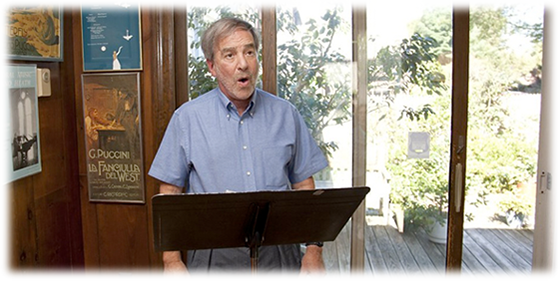Would you like a master class in teaching vocal training?
…A visiting musician to work with your students?
…A hands-on in-service day?

EDUCATORS
Would like to offer your own students hands-on workshops that produce effective vocal technique, audition prep, vocal health or other musicianship topics? Have Judy in for three or six hours of vocal mentoring or contract for workshops spread throughout the academic year. Each workshop can be modified for teachers or students. Among workshops offered—
MASTER CLASSES
Student Artists in Performance
Performers will receive feedback and positve criticism from the group and teacher. Criteria for criticism will be outlined and discussed. Learn how to critique your own work others work.
WORKSHOPS
I. Tips for Your College Audition… What to do Before the Audition, How to Prepare, and Audition Day! How to make your audition well prepared, confident and SUCCESSFUL. For those applying to college in vocal music, music education, musical theatre as a major or minor, musical scholarships/prizes, and those who wish to augment their application. (This workshop is for parents and students.)
II. College Mock Auditions
How to improve your audition; receive, accept, and apply criticism; tips on song choice, vocal technique, stage presence, sight singing and other skills including music reading and piano, resume, repertoire. (Panel of evaluators)
III. Musical Theatre Mock Auditions
Tips on song choice, proper use of the voice, stage presence, resume, repertoire, sight singing and other skills, ideas for preparation, how to receive criticism and adapt your performance, repertoire. (Panel of evaluators)
IV. Vocal Health for the Performing Artist
Define and describe vocal health, illness and how to cope, strategies for adapting to the demands of performance/rehearsal in order to preserve the voice, allergens, and how certain food and drinks may affect the voice, common vocal injuries and how to prevent them.
V. Performance Anxiety and Other Concerns for the Performing Artist
Practical ideas and approaches for those “nerves”, panic, or terror some may experience, physiological changes, how we can or manage our emotions. A psychologist will offer exercises, ideas, and strategies.
VI. How a Teen Handles the Changing Voice
What is the changing voice, how to understand and work with a youth male voice as it undergoes physical changes, how to adapt material so that a boy remains singing.
VII. Artistic Criticism
Criteria for criticism; how to receive, assess, and apply to performance; how criticism may help us grow and define artistic choices; can criticism be avoided; self criticism and other sources of criticism (media, parental, friends and colleagues, teachers, reviewers, audiences).
